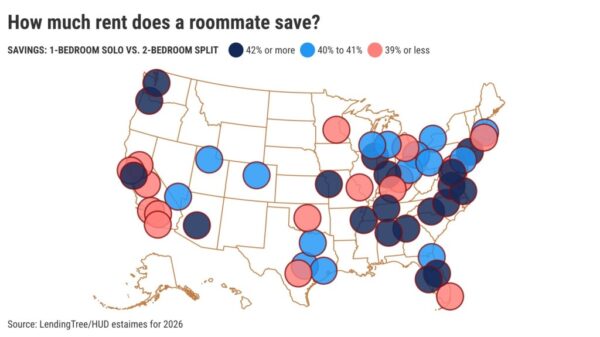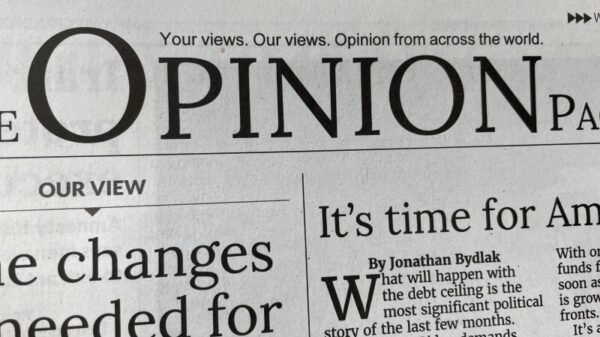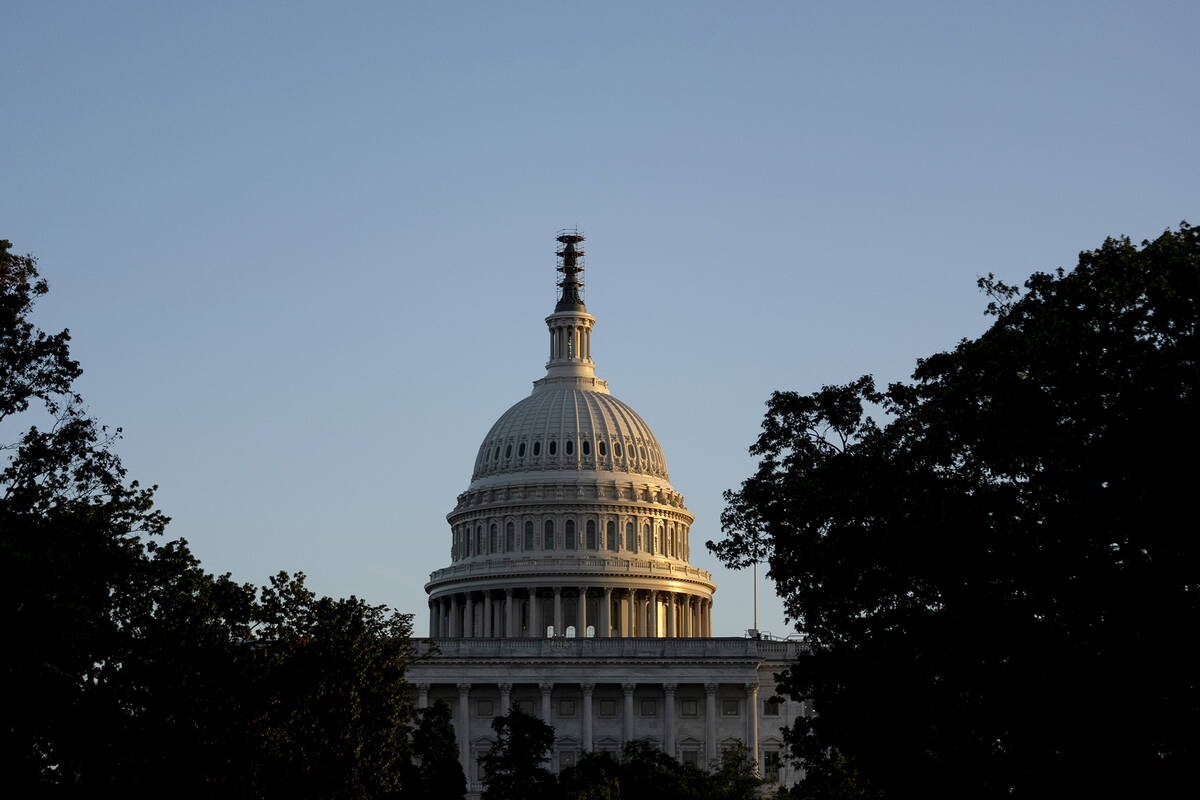Recent comments from Russ Vought, the Director of the Office of Management and Budget, have sparked a significant debate regarding the appropriations process and its bipartisan nature. Vought asserted that “the appropriations process has to be less bipartisan,” a statement that has raised concerns about its implications for governance and constitutional adherence.
The U.S. Constitution explicitly addresses the appropriations process in Article I, Section 9, stating, “No money shall be drawn from the Treasury, but in Consequence of Appropriations made by Law.” This legal framework underscores that laws, including budgetary measures, necessitate approval from both chambers of Congress and the President’s signature. Bipartisan support is not merely a courtesy; it is a constitutional requirement designed to foster collaboration and prevent unilateral decision-making.
Constitutional Foundations of Bipartisanship
The Founding Fathers intentionally structured this process to ensure a balance of power. James Madison, one of the architects of the Constitution, referred to the power of the purse as the “most effectual weapon” against executive overreach. By mandating consensus among differing political factions, the system seeks to avert fiscal instability and authoritarian tendencies.
Vought’s suggestion to shift appropriations towards a more partisan approach raises alarms about potential ramifications for fiscal governance. Critics argue that such a vision could undermine the constitutional balance of powers, replacing collaborative governance with factional dominance. This change could lead to significant consequences for how federal spending is determined and managed.
The implications of Vought’s stance are profound, as it could result in appropriations driven by a single party’s agenda. This shift may compromise long-standing practices that have historically encouraged negotiation and compromise. The risks include not only potential fiscal chaos but also a degradation of democratic principles that rely on checks and balances.
The Path Forward
As the debate unfolds, it is crucial for policymakers to reflect on the importance of bipartisanship in maintaining the integrity of the appropriations process. Ensuring that budgetary decisions reflect a consensus among diverse political philosophies is essential for fostering stability and trust in government. The discussion initiated by Vought serves as a vital reminder of the constitutional framework designed to protect the interests of all citizens through collaborative governance.
In summary, Vought’s comments challenge the foundational principles that guide the appropriations process. A commitment to bipartisanship remains essential for achieving responsible fiscal policy and upholding the democratic principles embedded in the U.S. Constitution.








































































